Civil Engineering
Introduction Of Thumb Rule And Thumb Rule For The Column Steel Structure And Beam
Introduction Of Thumb Rule | Thumb Rule For The Beam| Thumb Rule For The Steel Structure| Thumb Rule For Column Steel Structure
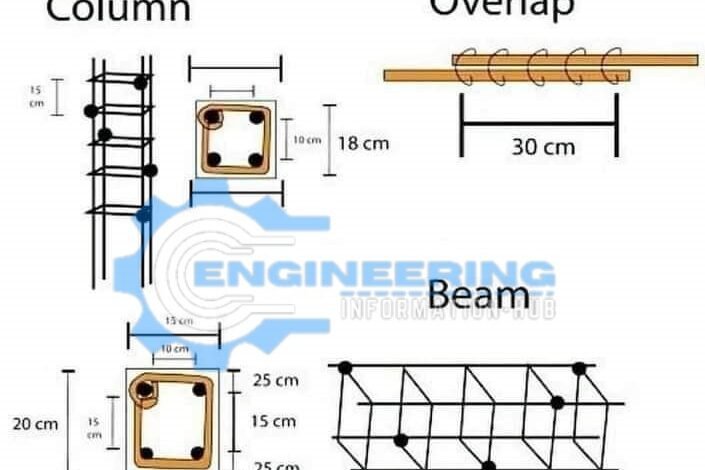
Introduction Of Thumb Rule And Thumb Rule For Column Steel Structure And Beam
In This article, I will discuss the thumb rule about the column beam steel structure. What Is The Thumb Rule| Thumb Rule For The Column| Thumb Rule For The Beam| Thumb Rule For The Steel Structure? What Is The Thumb Rule And Thumb Rule For Column Steel Structure And Beam? Thumb rule for overlapping for beam and column. Introduction Of Thumb Rule And Thumb Rule For Column Steel Structure And Beam
What’s a Rule Of Thumb?
A rule of thumb is a heuristic guideline that provides simplified advice or some introductory rule- set regarding a particular subject or course of action. It’s a general principle that gives practical instructions for negotiating or approaching a certain task.

Thumb Rule For The Steel Structure
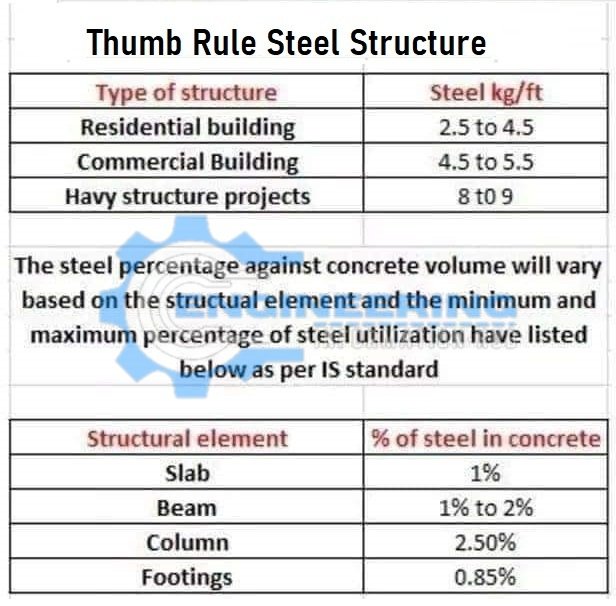
Thumb Rule For Overlapping For Beam And Column

Read More
Bending Moment And Shear Force Formulas
What Is The Septic Tanktank Working Of A Storage Tank
Load Calculation For Column Beam And Slab Design Calculation
How To Calculate The Estimate Of Building Construction
What Is The Principles Of Design Of Seismic Resistant Buildings
Bar Bending Schedule For The Staircase


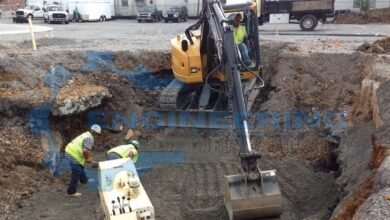
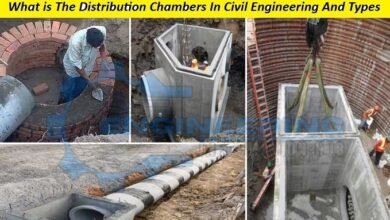

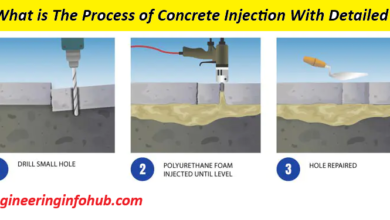
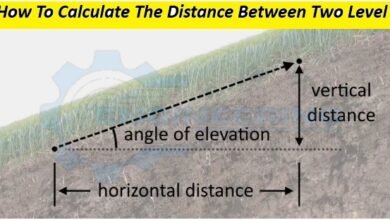
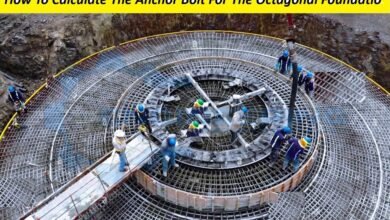
Your writing is perfect and complete. safetoto However, I think it will be more wonderful if your post includes additional topics that I am thinking of. I have a lot of posts on my site similar to your topic. Would you like to visit once?